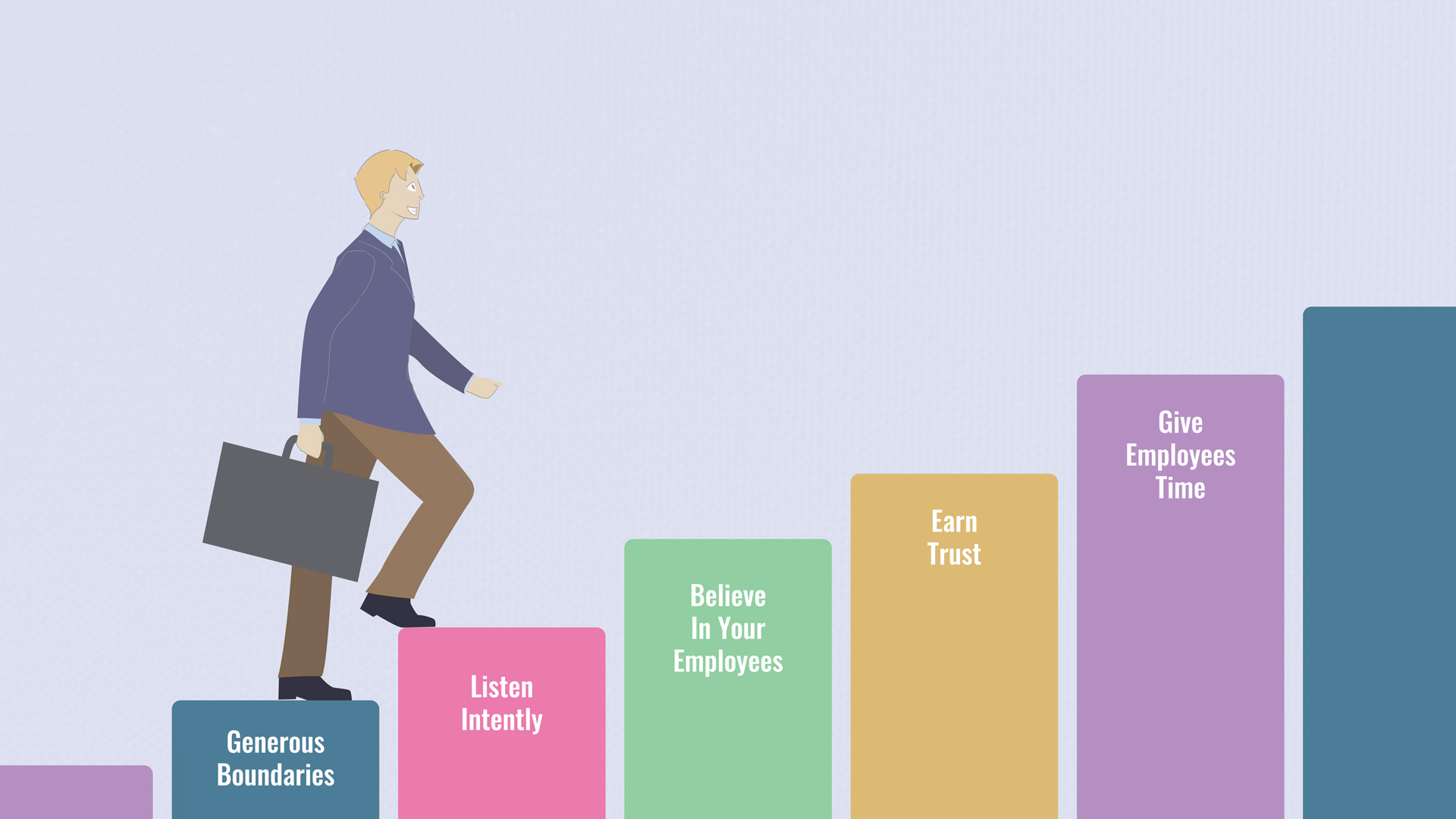Empowering people is the cornerstone of personal, professional, and societal growth. It involves equipping individuals with the tools, resources, and opportunities they need to thrive in various aspects of life. From fostering self-confidence to enabling communities to address systemic challenges, the concept of empowerment transcends boundaries and touches every facet of human existence. In today’s rapidly evolving world, the importance of empowering people cannot be overstated, as it lays the foundation for innovation, resilience, and sustainable progress.
At its core, the process of empowering people is about creating environments where individuals feel valued, heard, and capable of making meaningful contributions. This can be achieved through education, mentorship, equitable access to resources, and fostering a culture of inclusivity. By focusing on these areas, we not only uplift individuals but also strengthen the collective potential of communities. Empowering people is not a one-size-fits-all approach; it requires tailored strategies that address the unique needs and aspirations of diverse groups.
From grassroots initiatives to global movements, empowering people has become a central theme in discussions about social justice, economic development, and personal fulfillment. Whether it’s through leadership programs, skill-building workshops, or advocacy campaigns, the goal remains the same: to unlock human potential and create a ripple effect of positive change. As we delve deeper into this topic, we will explore how empowering people can transform lives, communities, and the world at large.
Read also:Hdhub4u Earth
Table of Contents
- What Does Empowering People Mean?
- Why is Empowering People Important?
- How Can We Empower People Effectively?
- Who Are the Leaders in Empowering People?
- What Are the Challenges in Empowering People?
- How Does Technology Help in Empowering People?
- What Are the Benefits of Empowering People in the Workplace?
- How Can Education Play a Role in Empowering People?
- What Are Some Success Stories of Empowering People?
- How Can You Contribute to Empowering People?
What Does Empowering People Mean?
Empowering people is a multifaceted concept that revolves around enabling individuals to take control of their lives and make informed decisions. It involves providing access to education, resources, and opportunities that allow people to grow personally and professionally. The process of empowering people is not just about offering support but also about fostering a sense of ownership and accountability.
For example, in the workplace, empowering people means giving employees the autonomy to make decisions, encouraging innovation, and recognizing their contributions. In communities, it involves creating platforms where marginalized voices can be heard and acted upon. Empowering people is about shifting the power dynamics to ensure that everyone has a fair chance to succeed.
Why is Empowering People Important?
Empowering people is crucial for fostering equality and driving sustainable development. When individuals are empowered, they are more likely to contribute positively to their communities, leading to economic growth and social progress. Empowering people also helps in breaking the cycle of poverty, reducing inequality, and promoting peace.
Consider the impact of empowering women in developing countries. By providing access to education and economic opportunities, women are able to improve their quality of life and that of their families. This, in turn, benefits the entire community. Empowering people is not just a moral imperative but also a practical strategy for building stronger, more resilient societies.
How Can We Empower People Effectively?
Empowering people effectively requires a combination of strategies tailored to the needs of different groups. Here are some key approaches:
- Education: Providing access to quality education is one of the most powerful ways to empower people.
- Mentorship: Pairing individuals with mentors can help them navigate challenges and achieve their goals.
- Access to Resources: Ensuring equitable access to resources such as healthcare, technology, and financial services is essential.
- Inclusivity: Creating inclusive environments where everyone feels valued and respected fosters empowerment.
Who Are the Leaders in Empowering People?
Throughout history, there have been numerous leaders who have dedicated their lives to empowering people. One such leader is Malala Yousafzai, a global advocate for girls' education. Her story is a testament to the power of resilience and determination in the face of adversity.
Read also:Best Carbon Fiber Pool Cue
Biography of Malala Yousafzai
Malala Yousafzai was born on July 12, 1997, in Mingora, Pakistan. She rose to international prominence after surviving an assassination attempt by the Taliban in 2012. Her unwavering commitment to education and women's rights has inspired millions around the world.
| Full Name | Malala Yousafzai |
|---|---|
| Date of Birth | July 12, 1997 |
| Place of Birth | Mingora, Pakistan |
| Occupation | Activist, Author |
| Achievements | Nobel Peace Prize (2014), Youngest Nobel Laureate |
What Are the Challenges in Empowering People?
While empowering people is a noble goal, it comes with its own set of challenges. One of the biggest hurdles is overcoming systemic barriers such as discrimination, poverty, and lack of access to resources. Additionally, cultural norms and societal expectations can hinder progress in empowering people, particularly women and marginalized groups.
How Does Technology Help in Empowering People?
Technology plays a pivotal role in empowering people by providing access to information, education, and opportunities. For instance, online learning platforms have made education accessible to people in remote areas. Similarly, mobile banking has empowered individuals in developing countries by giving them access to financial services.
What Are the Benefits of Empowering People in the Workplace?
Empowering people in the workplace leads to higher job satisfaction, increased productivity, and improved employee retention. When employees feel empowered, they are more likely to take initiative, contribute innovative ideas, and collaborate effectively with their peers.
How Can Education Play a Role in Empowering People?
Education is one of the most powerful tools for empowering people. It equips individuals with the knowledge and skills they need to succeed in life. Moreover, education fosters critical thinking, creativity, and problem-solving abilities, which are essential for personal and professional growth.
What Are Some Success Stories of Empowering People?
There are countless success stories of empowering people that highlight the transformative impact of this concept. For instance, the story of Kailash Satyarthi, a Nobel Peace Prize laureate, demonstrates how empowering children through education and advocacy can lead to systemic change.
How Can You Contribute to Empowering People?
Empowering people is a collective effort that requires participation from individuals, organizations, and governments. Here are some ways you can contribute:
- Volunteer your time and skills to mentor others.
- Support organizations that focus on empowering marginalized communities.
- Advocate for policies that promote equality and access to resources.
In conclusion, empowering people is not just a concept but a movement that has the potential to transform lives and societies. By understanding its importance and taking actionable steps, we can all play a role in creating a more equitable and empowered world.

